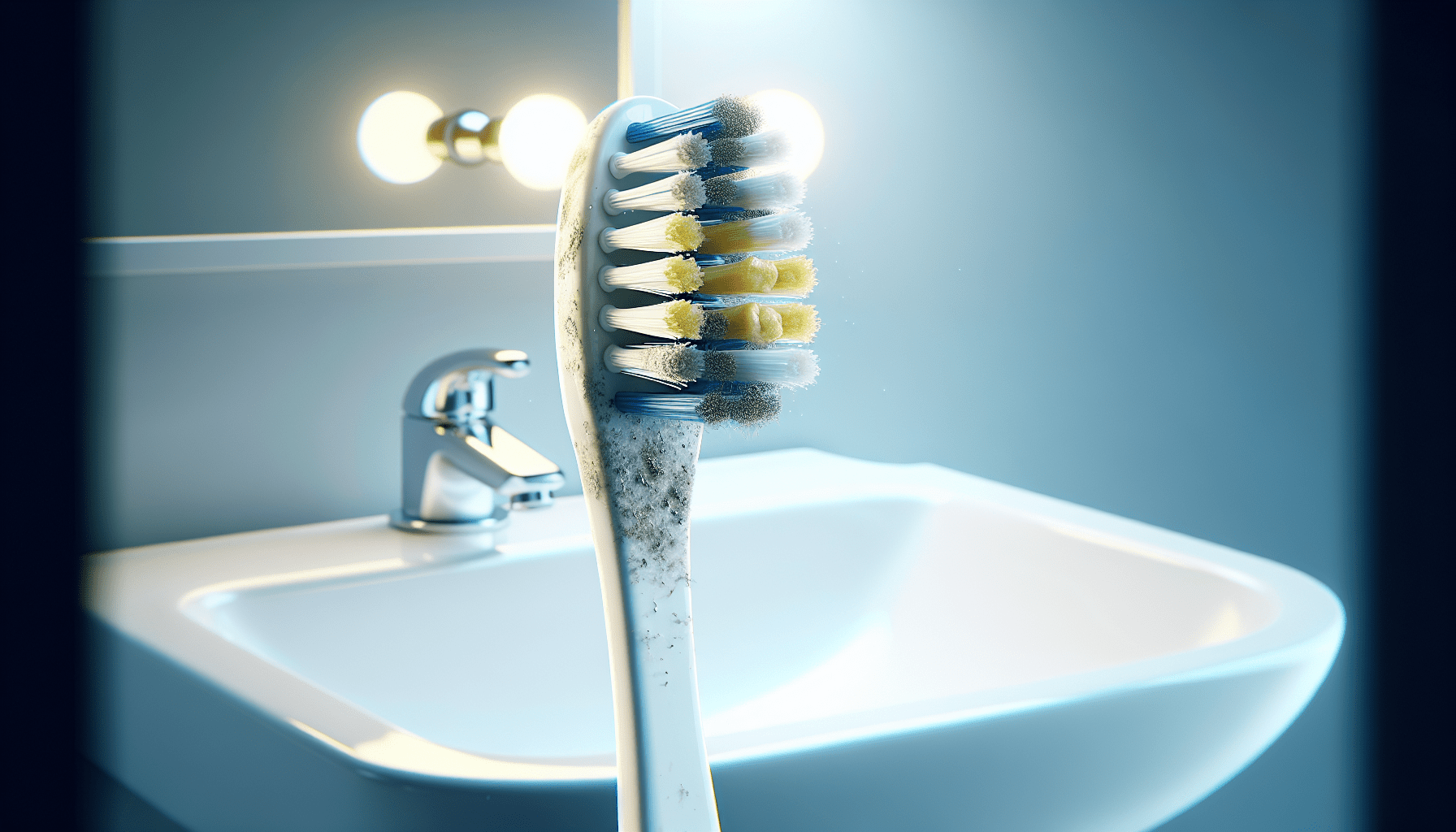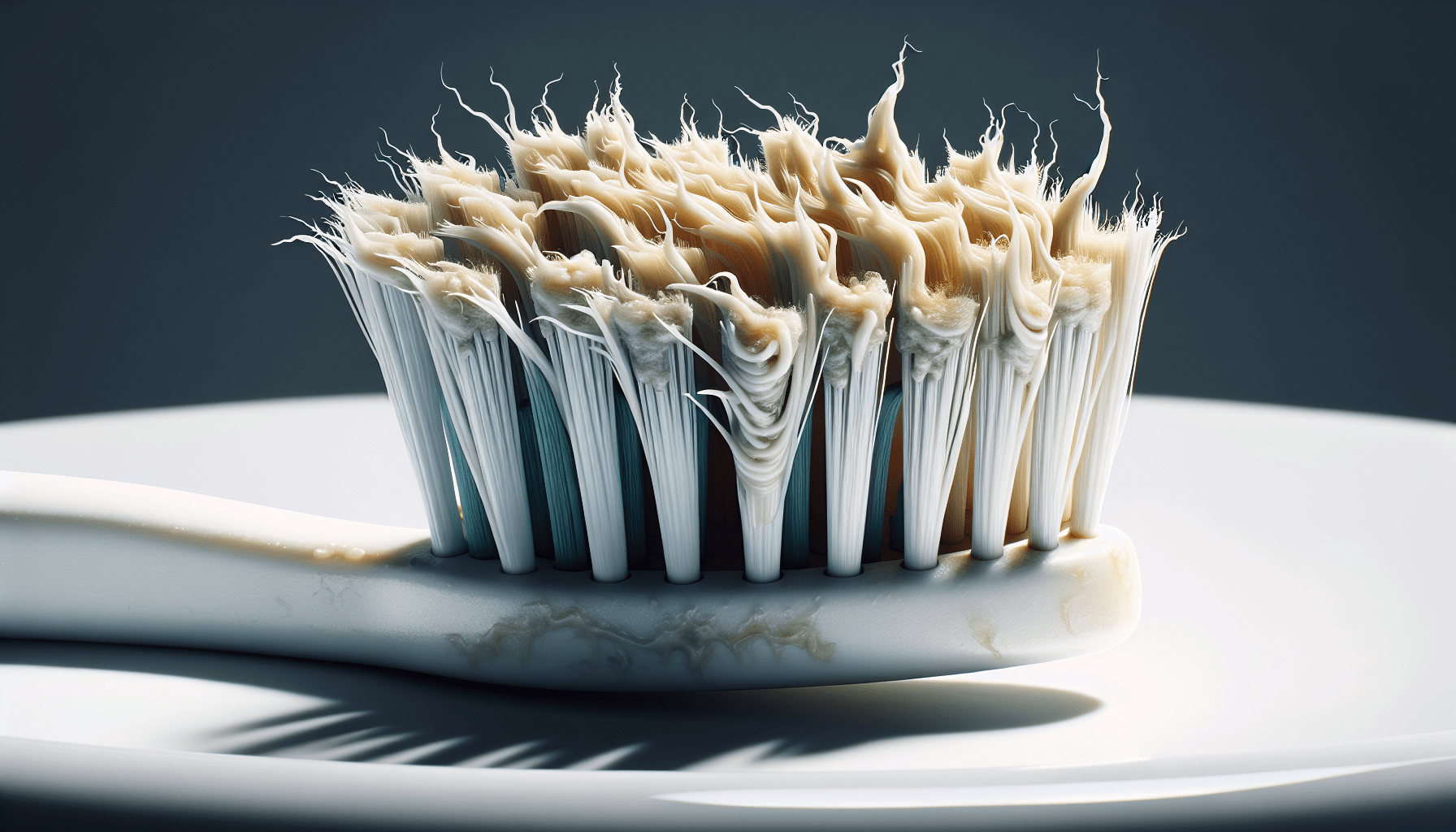Have you ever wondered why your dental health seems to deteriorate despite your best efforts to follow good oral hygiene? The mysteries behind dental problems often lie beneath the surface, masked by more apparent causes such as poor brushing techniques or sugary diets. Understanding these lesser-known factors can be crucial for improving your overall dental health.

Poor Nutrition
Deficiency in Essential Nutrients
The role of nutrition in maintaining your dental health is often underestimated. A diet lacking in essential nutrients like calcium, vitamin D, and vitamin C can significantly impact the strength and structure of your teeth and gums. Calcium is the building block of your teeth, while vitamin D is essential for calcium absorption. Vitamin C, on the other hand, maintains the gum tissue.
| Nutrient | Role in Dental Health | Food Sources |
|---|---|---|
| Calcium | Essential for strong teeth and bones | Dairy products, leafy greens, nuts |
| Vitamin D | Aids in calcium absorption | Fatty fish, fortified dairy products, sunlight |
| Vitamin C | Maintains gum tissue | Citrus fruits, tomatoes, strawberries |
Impact of Processed Foods
Processed foods often contain high levels of sugars and starches, which are detrimental to your dental health. These foods can stick to your teeth, promoting bacterial growth, and resulting in plaque and cavities. Moreover, processed foods frequently lack the essential nutrients your body needs to maintain healthy teeth and gums.
Stress and Hormonal Imbalances
Bruxism: The Silent Culprit
Stress is a common cause of bruxism, a condition where you unconsciously grind or clench your teeth, often during sleep. This can lead to tooth wear, fractures, and even temporomandibular joint (TMJ) disorders. Many individuals are unaware they are affected by bruxism until substantial damage has occurred.
Hormonal Changes
Fluctuations in hormone levels, particularly in women during puberty, pregnancy, and menopause, can impact your oral health. These changes can increase blood flow to the gums and make them more sensitive, causing inflammation and a higher risk of periodontal disease.
Medications and Medical Conditions
Side Effects of Common Medications
Certain medications can have adverse effects on your dental health. Antihistamines, antidepressants, and blood pressure medications can reduce saliva flow, causing dry mouth. Saliva acts as a natural defense mechanism against bacteria, and its reduction can lead to tooth decay and gum disease.
Systemic Diseases
Systemic conditions like diabetes, osteoporosis, and rheumatoid arthritis can also contribute to dental problems. Diabetes, for example, impairs your body’s ability to fight infections, making you more susceptible to gum disease. Osteoporosis can result in bone loss in the jaw, while rheumatoid arthritis can cause difficulties in maintaining oral hygiene due to joint pain.
Poor Oral Hygiene Habits
Infrequent Brushing and Flossing
While the importance of brushing and flossing cannot be overstated, the frequency and technique matter just as much. Irregular brushing and flossing can leave food particles and plaque, which can harden into tartar, leading to gum disease and cavities. Additionally, improper brushing technique can damage your enamel and gums.
Misuse of Dental Products
The misuse of dental products is another unspoken cause of dental problems. Using too much toothpaste, for example, can result in excessive fluoride exposure, leading to fluorosis, which manifests as staining on the teeth. Similarly, overusing mouthwash can disrupt the natural balance of bacteria in your mouth, causing more harm than good.

Lifestyle Choices
Smoking and Alcohol Consumption
Both smoking and excessive alcohol consumption are major risk factors for numerous dental issues, including gum disease, tooth decay, and oral cancer. Smoking reduces blood flow to the gums, impairing healing processes, while alcohol can erode your enamel and dry out your mouth, creating an environment where bacteria can thrive.
Poor Hydration
Staying hydrated is essential for saliva production, which aids in washing away food particles and bacteria. Dehydration or low fluid intake can result in dry mouth, increasing the risk of cavities and gum disease.
Genetic Factors
Hereditary Traits
Your genetic makeup can predispose you to certain dental conditions. If your parents have a history of weak enamel, gum disease, or misaligned teeth, you are more likely to encounter similar issues. While you can’t change your genetics, being aware of your predispositions can allow for proactive measures.
Congenital Conditions
Some dental problems are the result of congenital conditions like enamel hypoplasia, a defect that results in thinner enamel. This makes your teeth more susceptible to cavities and sensitivity. Additionally, certain hereditary syndromes can impact jaw alignment and tooth development, necessitating specialized dental care.

Environmental Factors
Exposure to Harmful Chemicals
Exposure to certain chemicals, whether through occupational hazards or environmental pollution, can affect your dental health. Chemicals such as mercury and lead can have detrimental effects on your teeth and gums, leading to discoloration, decay, and other issues.
Acidic Environment
An acidic environment in your mouth can wear down your enamel over time, making your teeth more susceptible to cavities and sensitivity. Acidic foods and beverages, as well as conditions like acid reflux, can contribute to the erosion of your enamel.
Psychological Factors
Fear of Dental Treatment
Dental anxiety or phobia can prevent you from seeking timely dental care, exacerbating minor issues into more severe problems. Avoiding the dentist due to fear can result in untreated cavities, gum disease, and other complications that would have been easier to manage if caught early.
Impact of Mental Health on Oral Hygiene
Your mental health can significantly impact your oral hygiene habits. Conditions like depression can lead to neglect in personal care routines, including brushing and flossing. This neglect can contribute to a decline in your dental health over time.

Misconceptions and Lack of Awareness
Belief in Common Myths
Misconceptions about dental care can also be a root cause of dental problems. Believing that brushing harder will clean better, for instance, can lead to gum recession and enamel erosion. Similarly, thinking that bleeding gums while brushing is normal can delay the treatment of underlying gum disease.
Lack of Education on Dental Care
A lack of education and awareness about proper dental care can lead to poor oral hygiene practices. Many individuals are not aware of the importance of regular dental check-ups, appropriate brushing techniques, and the need for flossing. This ignorance can result in the gradual deterioration of your oral health.
Prevention and Remedies
Regular Dental Check-Ups
One of the most effective ways to prevent and address dental problems is through regular dental check-ups. Routine visits allow your dentist to identify and treat issues before they become severe, ensuring your teeth and gums remain healthy.
Balanced Diet
Consuming a balanced diet rich in essential nutrients is key to maintaining optimal dental health. Incorporating foods high in calcium, vitamins D and C, and other vital nutrients can help strengthen your teeth and gums, reducing the risk of dental issues.
Stress Management
Managing stress through techniques such as meditation, exercise, and proper rest can help mitigate the risk of bruxism and other stress-related dental issues. Reducing stress can also improve your overall well-being, which in turn can positively impact your oral health.
Proper Oral Hygiene Practices
Adhering to proper oral hygiene practices is fundamental to maintaining good dental health. This includes brushing your teeth at least twice a day with fluoride toothpaste, flossing daily, and using mouthwash as recommended by your dentist.
| Action | Frequency | Reason |
|---|---|---|
| Brushing | Twice daily | Removes plaque and prevents cavities |
| Flossing | Once daily | Cleans between teeth where brush can’t reach |
| Dental check-ups | Every 6 months | Early detection and treatment of potential problems |
Hydration
Maintaining proper hydration is crucial for sustaining oral health. Drinking sufficient water throughout the day helps produce saliva, which acts as a natural defense against bacteria and cleanses your mouth.
Smoking Cessation
Quitting smoking can significantly improve your dental health. Smoking cessation reduces the risk of gum disease, tooth decay, and oral cancer, and enhances the healing process of your gums and other oral tissues.
Limiting Alcohol
Moderating your alcohol consumption can prevent the erosion of enamel and reduce the risk of developing cavities and other dental issues. If you do consume alcohol, ensure you maintain good oral hygiene practices to mitigate its effects.
Addressing Medical Conditions
Managing underlying medical conditions, such as diabetes and osteoporosis, can help in maintaining your dental health. Working closely with your healthcare provider to monitor and control these conditions can reduce their impact on your teeth and gums.

Conclusion
Understanding the unspoken causes of dental problems is essential for taking proactive measures to protect your oral health. From poor nutrition and stress to genetic factors and lifestyle choices, a myriad of factors can contribute to dental issues. By being aware of these hidden causes and adopting preventive strategies, you can safeguard your smile and ensure long-term dental well-being. Regular dental check-ups, a balanced diet, stress management, and proper hygiene practices are all integral components of a comprehensive approach to maintaining optimal dental health.
